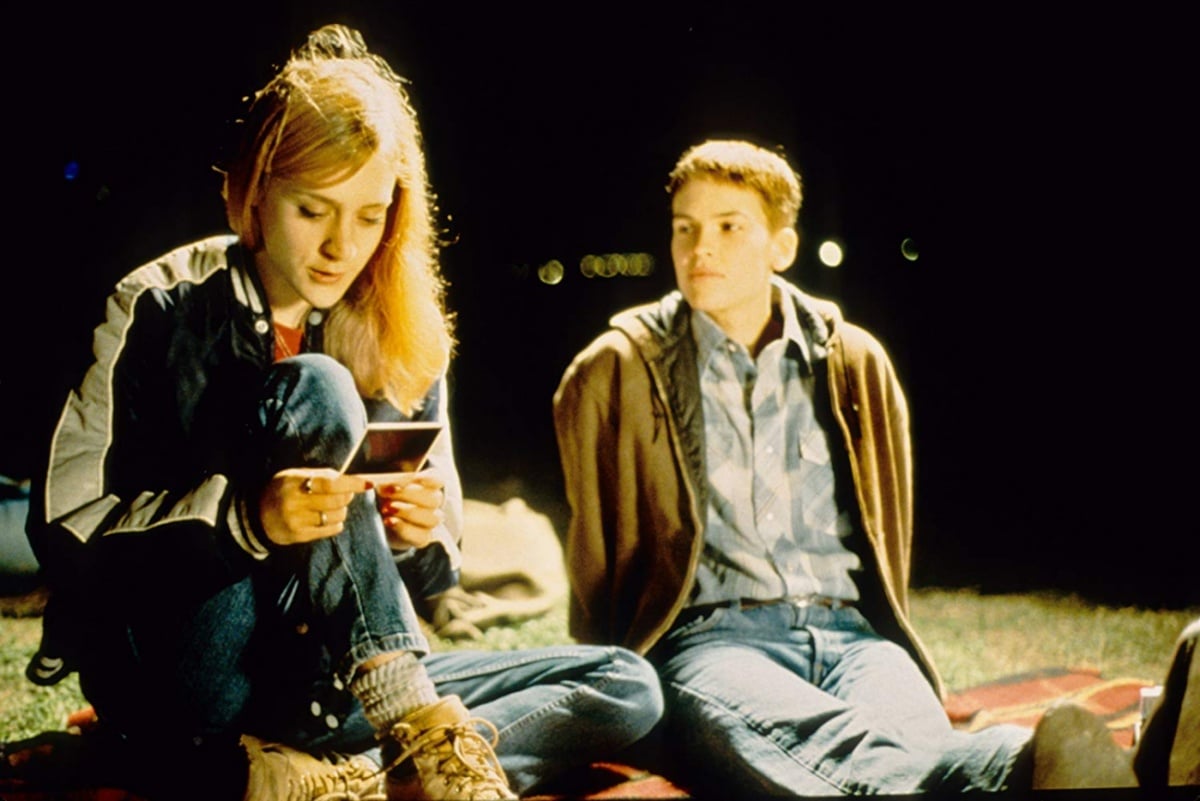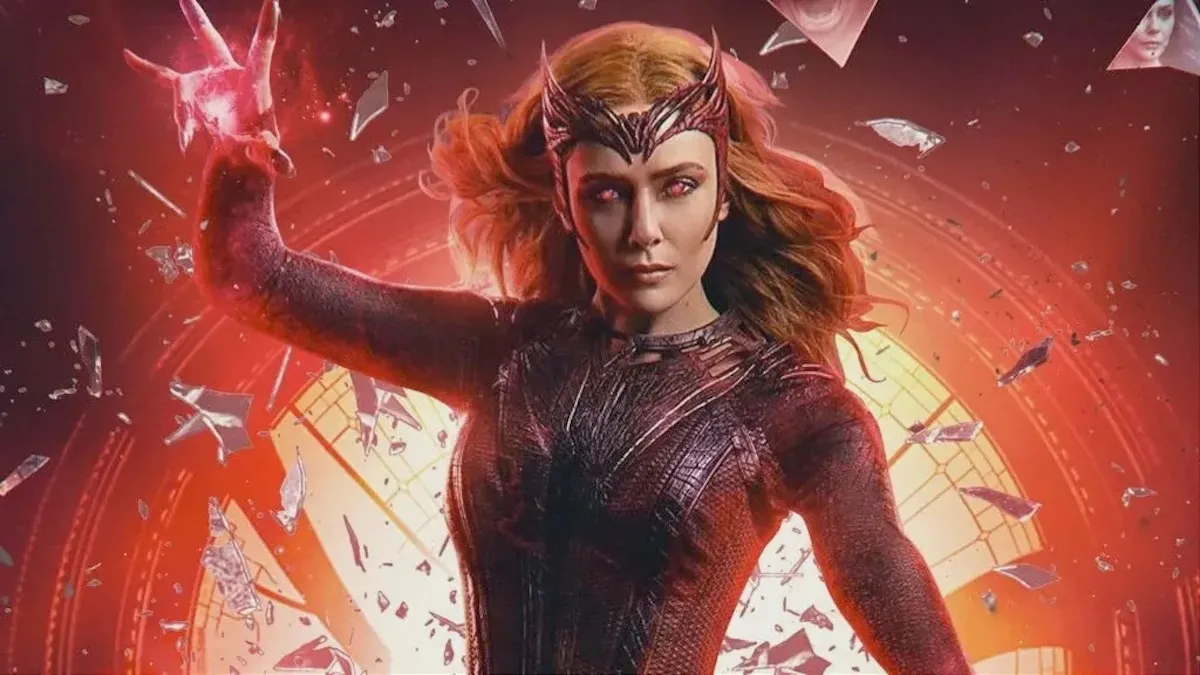It has been twenty years since the Kimberly Peirce film Boys Don’t Cry came out, starring Hilary Swank as a dramatized version of Brandon Teena, an American trans man who was raped and murdered in Humboldt, Nebraska. The movie won Swank her first of two Oscars and has been a seminal work in queer film canon, but as conversations have developed around who should be playing LGBTQ+ roles and trans roles especially, there has been some backlash to the film.
In an interview with IndieWire, Swank opens up about her experiences making the film, which at the time, seemed like a huge gamble for a challenging role and perceived as a “dangerous” topic. Yet, it ended up being a box-office hit.
At the time, the issue of violence against LGBTQ+ people was getting more and more news attention with the deaths of both Teena and Matthew Shepard, a gay man who was beaten, tortured, and left to die in Colorado. Boys Don’t Cry humanized this experience in a way that media hadn’t done before, but it was also, as Oliver Whitney explained in his article for Them, based on ” inaccurate and transphobic reporting in The Village Voice that cisgender journalist Donna Minkowitz recently apologized for); the omission of Phillip DeVine, the disabled Black man who was also killed in the 1993 hate crime; and how Brandon is reduced to a tragic victim rather than a fully-formed character whose existence isn’t defined by trauma.”
Whitney does say that there are elements of the film that do speak to his experience living in a transmasculine body and praises the romantic elements of it, but notes that, in the end, the problem with the film is that “Boys Don’t Cry isn’t a film about what it’s like to live as a trans person, but about what it’s like to die for being one.”
After the film’s release, Swank became the spokesperson for The Hetrick-Martin Institute, one of the nation’s largest LGBTQ youth services organizations. It wasn’t a position that Swank took up passively, and over the ten years she held that position, she worked to help find a home for New York’s Harvey Milk High School, a public high school catering to at-risk LGBTQ youth.
“There are so many hate crimes that are still occurring in the world, not just in our country, that people weren’t even aware of until [‘Boys Don’t Cry’] was made,” Swank said. “At the same time, Matthew Shepard and the horrendous crimes against him were like blips in the news here and there. But with that movie, they became more of a conversation.”
Boys Don’t Cry began the conversation, and it was directed by a lesbian cis woman (much like Paris Is Burning), but in recent years, some people in the trans community (activists and critics) have talked about the erasure the film perpetuates despite its good intentions.
Back in 2019, on a visit to Reed College, the filmmaker was greeted with protests.
“I think in some ways it’s been criticized and in others it hasn’t. And I think if people knew the outpouring of letters and people on the streets who have come up to me in tears, thanking me for telling their story,” Swank told IndieWire. After a pause, she added: “I hold on to that. That’s important to me, and to be that spokesperson for that amount of time. I’m happy that times are evolving and changing and that people are getting the opportunity to tell their own stories.”
Swank talked about this after Scarlett Johansson dropped out of the film Rub and Tug, in which the Marvel actress was supposed to be playing a trans man, and when criticism was made, ScarJo said, “Tell them that they can be directed to Jeffrey Tambor, Jared Leto, and Felicity Huffman’s reps for comment.” Despite not being mentioned by name, Swank was asked to comment.
Pink News quoted her as saying: “The important thing to remember is people are wanting to be seen for who they are, and people are fighting for their space in the world. That I understand […] I do think it can be a slippery slope, because I don’t think anyone should be pigeonholed. And I do think that all genders should have an opportunity to be an actor and tell their stories. And I think that all genders should have the opportunity to audition for all types of roles.”
Swank’s response is expected; she’s proud of the movie, and it was groundbreaking in many ways at the time, but times have changed, and while she should absolutely hold on to the meaning it had for her and others, we have to make space for the voices of those in the trans community.
Boys Don’t Cry is an important movie, and it did help tell trans stories, but now we live in a Pose world where we are saying that trans people should, finally, be able to be the ones to tell their own stories. That instead of calling cis actors “brave” for bringing these stories to screen, we can put that praise onto actual trans people who have not only lived this reality, but have turned that pain into their own art and narratives.
(via IndieWire, image: Fox Searchlight Pictures)
Want more stories like this? Become a subscriber and support the site!
—The Mary Sue has a strict comment policy that forbids, but is not limited to, personal insults toward anyone, hate speech, and trolling.—










Published: May 17, 2019 02:13 pm